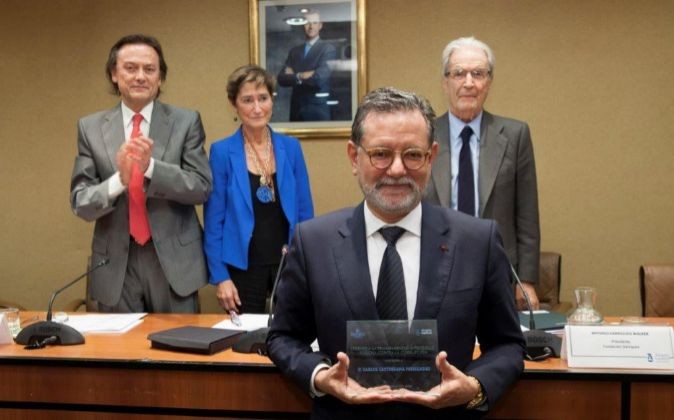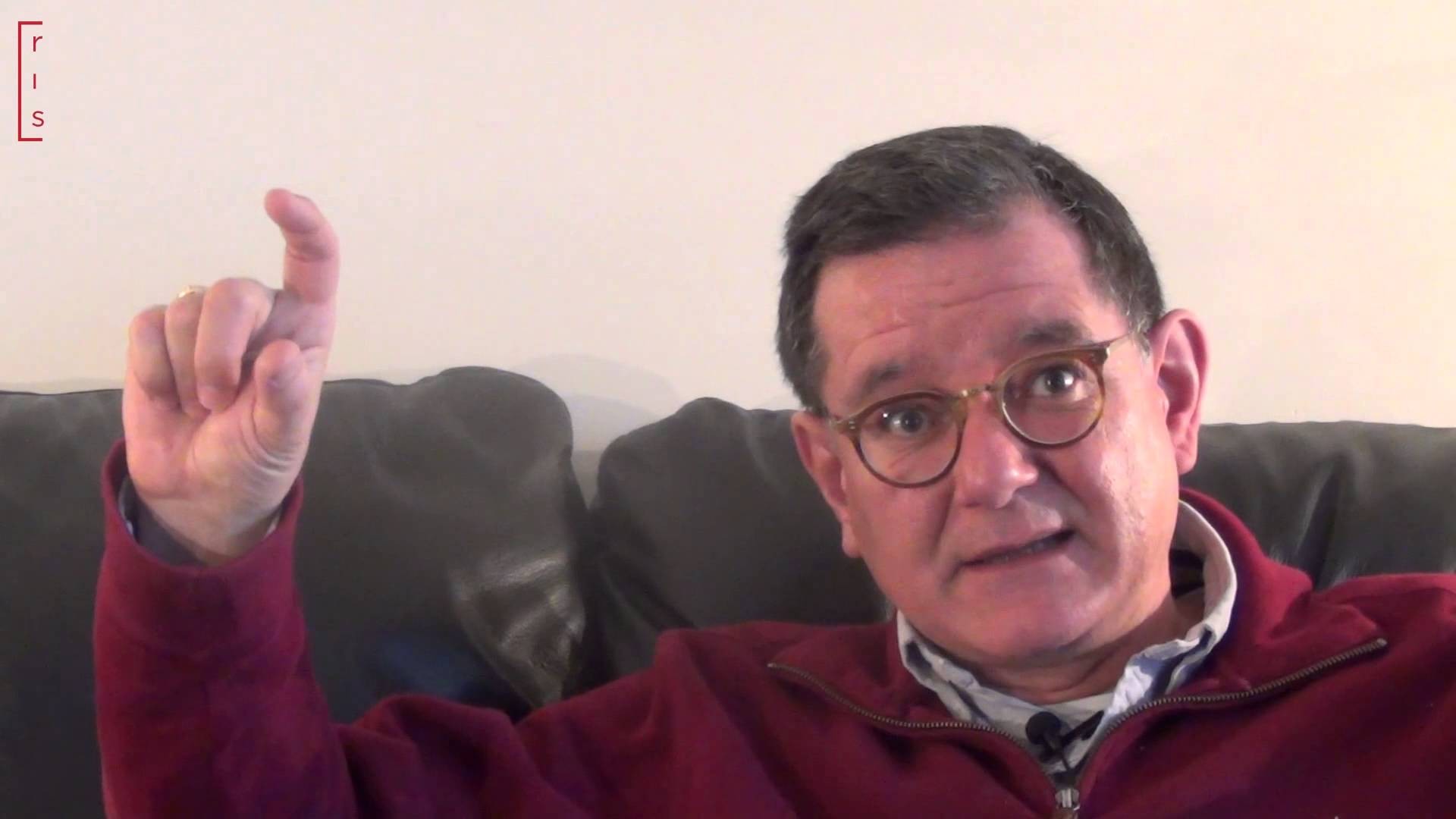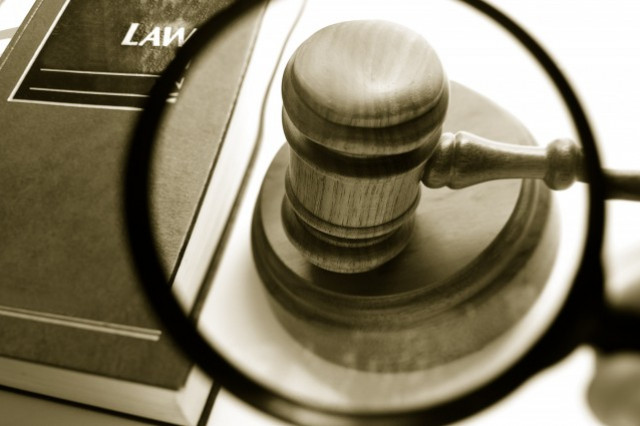
Interview | Carlos Castresana: "There is resignation and scepticism of general public with corruption, not tolerance"
Carmen P. Flores
Carlos Castresana, last year awarded the first place Award for Transparency, Integrity and Anti-Corruption, convened by TI-Spain and the General Council of Lawyers. In their quite extensive professional capacity there are two characteristics that define it: rigour and firmness against corruption and organized crime. First as a Prosecutor of the National Court, in the Special Prosecutor's Office for Repression of Economic Crimes related to Corruption, and later as UN Commissioner of the International Commission against Impunity in Guatemala, in which he dismantled the clandestine structures of infiltrated corruption In the institutions of the State, passing later to the Prosecutor of the Supreme Court in Spain. At the moment, he is a practicing Lawyer with the same rigorousness that have characterised their different positions.

Is transparency in Spain still far from efficient?
Unfortunately, yes. Transparency has two parts: the attitude and the disposition of the public administrations; and the awareness of the general public, civil society and the media that access to information is a right. In both areas there is a long way to go.
In Spain, is society tolerant of corruption?
The vast majority of the general public reject and condemn corruption. More than tolerance, I believe there is resignation and scepticism. The democratic transition of the 1970s and entry into the European Union a decade later created high expectations, which have largely been defrauded.
Is there lack of transparency in the funding of political parties?
Absolutely. It is the most serious problem, because it attacks the heart of democracy. Moreover, it is a problem that we have not wanted to know or to remedy. Since the fall of the Berlin Wall, ideological differences between political parties have become blurred, the concepts of Left and Right have become quite relative. That forces the parties to have increased financial resources to compete in the elections through publicity campaigns in which the candidates are offered as products in the market. That produces two consequences that undermine democratic governance: first, it perverts the suffrage, because in the end the best does not win, rather the one that has cheated and spent more than authorized in political marketing; and second, government is also perverted because, once elected, the politician owes more to the one who has financed them than the one who has voted for them.
Does the lack of effective accountability of the various Administrations lead to corruption?
Yes, one of the least efficient institutions during all these years has been the Ombudsman.
Is there only corruption in public works and construction?
No. These sectors remain the most conducive to corruption because they continue to maintain quite high levels of shadow economy, and because they depend on concessions and administrative contracts and public licenses. It is the most common ground for corruption.
In your opinion, in what other sectors is transparency conspicuous because of its absence?
All large corporations have a political power and influence that they should not have. This problem is global, and we are seeing it crudely in the United States these last weeks with the armament industry and oil companies, among others: the President seems to be an employee of these multinationals rather than a representative of the general public. But it also happens in Brussels and in Spain: companies in the energy sector, telecommunications, the financial sector, and construction, set the political agendas, and they do not do so in a transparent way. Private corruption is as serious as public corruption.
It is said that the lobbies exercise hidden power. Do you think that its function should be legislated for?
Yes. Lobbies are not good or bad in themselves; Are mere instruments, and in fact, they can develop a perfectly legal function of representation and promotion of the sectors for which they work that benefit the community. The positive or negative are not, then, lobbies, but what is done with them. Their activity, their functions, what they can and cannot do should be regulated, and it has to be known, in the cases in which the general interest is affected, who hired them and for what purpose. What is not acceptable is that lobbies become opaque markets of influence-peddling and insider trading.

Trafficking influence is common. How do you think it should be controlled?
It is a crime. The response to influence peddling is in the Penal Code, in the European and UN conventions against corruption. It is a widespread practice, one of the most serious manifestations of modern corruption, and quite little pursued.
Is Spanish justice transparent?
Not enough. There is sufficient publicity of the judgments and decisions of our courts, in general, but not of the backstage of the processes: appointments and promotions in the judicial and fiscal careers, the assignment of cases, the composition of the courts, the allocation of Magistrates, speakers and other aspects, which are apparently only organizational or bureaucratic, but which nevertheless have a direct and decisive influence on the judicial decisions that are handed down.
Most of the general public distrust judges and prosecutors Do you think this mistrust is justified?
There is widespread distrust, derived fundamentally from the instrumentalization of the courts and of the fiscal ministry by political powers. The general perception, unfortunately, is that our judges are not sufficiently independent and our prosecutors are not impartial.
Instructing a case, like that of the Palau has taken eight years. Do not you think this time is excessive and not credible?
The time that justice takes are measured biblically, but they do not have to be. Justice in Spain has been and still is the Cinderella of the State Administration. There is a huge lack of material and personal means, and it is a long-standing problem, with responsibility shared by governments of both sides, for which we have to conclude that the reason is the lack, also shared, of political will. If we add to that the fact that now, without strengthening the means available, and having cut-off times for the investigation, the consequences can only be impunity.
Is justice politicized?
If much. In most cases, the general public do not perceive this because there are few issues with political relevance in relation to the total; but in the few that there are, the pressure is quite high. And the influence in the General Council of the Judiciary and the State Attorney General is constant.
From your point of view, what does the system need?
Spanish justice was one of the least reformed institutions during the democratic transition, and the broad "state pacts" for justice afterwards have often been little more than rhetorical proclamations.

If, starting from a similar situation, we could build a modern Tax Administration, why cannot justice be done likewise? We need 21st century justice, with much more means, with modern organic and procedural laws, with more transparency, open doors and the participation of society. We need that judges and prosecutors understand that they are at the service of the public, and responsible to society, which pays their salaries, that their independence is not a privilege but a duty, and that the effective guarantee of the principle of equality before the law is the fundamental pillar of the rule of law.
Does the lack of values in society lead to corruption?
Spanish society has values. The majority of the general public share the fundamental values of the social and democratic State of Law, create and practice coexistence and respect, integrity and transparency, in the public and private sectors, in their work and in their private lives. What is conducive to corruption is impunity. The deterrent capacity of our courts is scant. Most of the general public condemn and consider abuse and corruption indecent. We just have to put aside our laziness and participate more.








